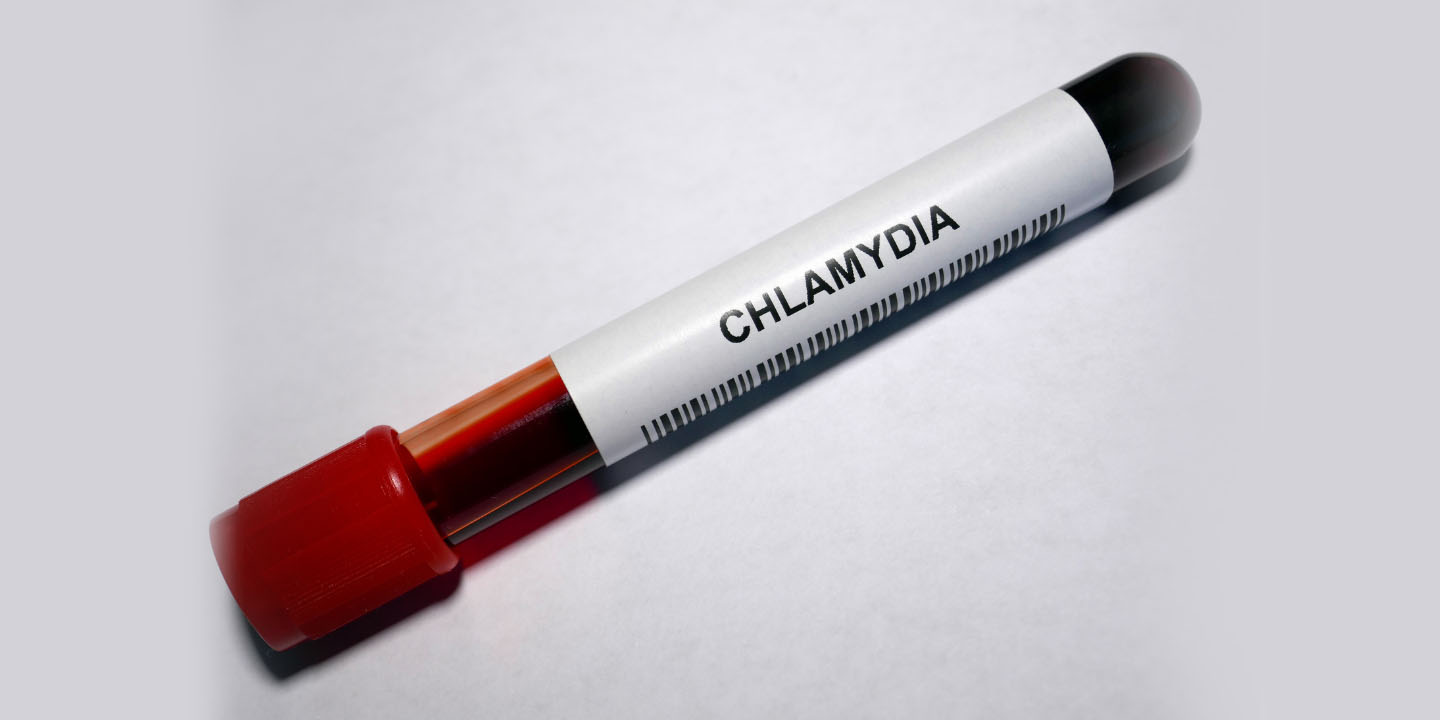
Becoming parents is not at all easy, as pregnancy is a phase that brings many expectations and responsibilities. The utmost care of both the pregnant mother and unborn child is ensured during pregnancy, and thus, many routine scans and checkups are advised to ensure the mother and the baby are healthy, and one out of those tests is the triple marker test. A triple marker test in pregnancy is a screen test that allows your gynecologist to check if an unborn baby might have specific genetic abnormalities. Let us discuss more about this test to help you to know about it more clearly.
In this Article
What Is Triple Marker Test?
A triple marker test is done during pregnancy to check if the baby is likely to have genetic disorders and is also known as a multiple marker test, AFP, triple test, and marker screening test. It is done to measure the levels of alpha-fetoprotein, human chorionic gonadotropin, and estriol in the placenta. Alpha-fetoprotein is a protein produced by growing fetuses, and as the fetus develops, the levels of AFP increase and reach a peak during the second trimester. Thus, it is necessary to detect the AFP balance in the mother’s blood. The test does not provide a diagnosis, as it simply indicates any potential genetic abnormalities in the baby. Other further tests and consultations are needed to diagnose the suspected abnormality. Screening here means the triple marker test report also factors in the expecting women’s weight, ethnicity, age, pre-existing diseases, type of pregnancy like multiple, twins, etc. Triple marker test prices vary and depend on some factors, including the sensitiveness of instruments, the usage of machines responsible for how accurate the results will be, and the reputation of the clinic from where the test will be done also needs to be considered.
Related Blog: Tests During Pregnancy: Trimester-wise List Of Tests While Undergoing A Pregnancy
Who Needs A Triple Marker Test?
A triple marker test is a part of prenatal testing that is conducted on pregnant women between the gestational ages of 15 and 20 weeks to know and determine the possible defects in the unborn baby. A gynecologist may recommend the test, and it is necessary if the results of the double marker test are inconclusive or if the pregnant woman has any of the below-listed signs and traits then this test is highly advisable by the doctor:
- If a woman’s age is more than 35 years
- Pregnant women’s family history of Down syndrome , genetic disorders
- Diabetic and takes insulin
- Exposure to radiation
- Suffering or experienced prenatal viral infection
- Consuming medications
The gynecologist also recommended this test in the second trimester of pregnancy to determine the serum levels of three hormones: AFP, unconjugated estriol, and beta-hCG.
How Is The Test Performed?
A triple marker test is done by taking a blood sample to measure the level of AFP, HCG, and Estriol in it. The technician draws blood from your vein by inserting a needle, and then they collect the blood in a small test tube and send it to the lab. The test is usually done when the woman is 15 to 20 weeks pregnant. There is no preparation needed in advance for the triple marker test in pregnancy. There are no drinking or eating requirements even before taking the test. The normal levels of triple-screen markers ranged from:
- 1.38 to 187.00 IU/ml for AFP
- 1.06 to 315 ng/ml for hCGβ
- 0.25 to 28.5 nmol/l for uE3.
After the gynecologist analyzes the test report, one will know whether the result is positive or negative. Negative screen results show that the fetus is very low or not at risk of developing any congenital disabilities. In a few cases, a doctor may also prescribe some other tests if they are not satisfied with the values.
Are there any Side Effects Of the Triple Marker Test?
The triple marker test is a non-invasive screening tool that measures three specific substances in a pregnant woman’s blood: alpha-fetoprotein (AFP), human chorionic gonadotropin (hCG), and estriol. There are no side effects revealed to date for this test. Since the amount of blood withdrawn is meagre, and thus no chance of significant blood loss from the body is there. Therefore, it ensures safety for both the mother and the baby.
What are the key benefits Of the Triple Marker Test?
There are many benefits of a triple marker, one of the vital prenatal testing for expectant mothers.
- One of the main advantages of this test is its ability to offer valuable details about the health and development of the fetus.
- By analyzing specific hormones and proteins in the expectant mother’s blood, doctors can determine the risk of chromosomal abnormalities like Edwards syndrome, Down syndrome, and neural tube defects.
- Early detection is the key advantage of the test, as it can be performed between 15 and 20 weeks of pregnancy, allowing parents to make informed decisions if any issues are detected.
- Also undergoing this test gives expectant mothers peace of mind about the health and development of the baby. Knowing your baby’s health status through screening allows you to discuss other diagnostic tests if required.
- The test gives insight into fetal health at an early stage, making informed decisions based on the findings and reassuring the negative results.
Related Blog: Prenatal Yoga: 9 Effective Yoga Asanas That You Must Try
Why Choose Queen’s Gynecology For Triple Marker Test?
The Triple Marker Test is an important tool that provides vital information in terms of the health and development of an unborn baby. It is a simple blood test that analyzes markers in your bloodstream to determine early the risk of a few chromosomal abnormalities. Gynecologists often suggest a Triple Marker screening as a part of prenatal testing between the 15th & 20th week of pregnancy. However, the time may vary, as per individual’s circumstances. Redcliffe Labs. Queen’s Gynecology is the name to recall if you are looking for a reliable clinic for Triple Marker Tests in Pregnancy. Queen’s Gynecology is among the top pregnancy clinics in South Delhi and is the best place for you if you want to evaluate the results and get the right advice properly. Queen’s Gynecology offers thorough assistance along with knowledge while conducting various prenatal testing during pregnancy. Their skilled group of gynecologists and medical specialists assist with the ordering and interpretation of blood tests, including those for hCG, glucose, iron levels, and more, to guarantee accurate results and individualized care throughout the pregnancy.
FAQ’s
The results of the triple marker test are typically reported as either negative or positive. A positive result means that the levels of one or more of these substances are outside the normal range, and that indicates a higher risk of certain congenital disabilities. However, it is vital to note that a positive result of this test does not necessarily mean that the fetus has a congenital disability. Further diagnostic testing is required, like amniocentesis or chorionic villus sampling (CVS), to confirm the diagnosis.
This prenatal screening test is done to assess the risk of certain genetic disorders in a developing fetus. The test measures the levels of three different substances in a pregnant woman’s blood, namely HCG, AFP, and uE3. The test is usually done between the 15th and 20th week of pregnancy; however, the timings of the test may vary depending on the individual cases. The test is recommended for women who are at high risk of developing genetic disorders; the test provides valuable details that can help in the diagnosis and management of some disorders.
No, The Triple Marker Test is not compulsory for all pregnancy cases and conditions. Gynecologists will decide whether the test is needed or not depending on many factors like maternal age, medical history, previous test results, and many other risk factors.in general, there is no specific need to go for a triple marker test after the double marker. The doctor may advise a triple marker test after your double test in pregnancy if the results are not satisfactory.



























































































































































































